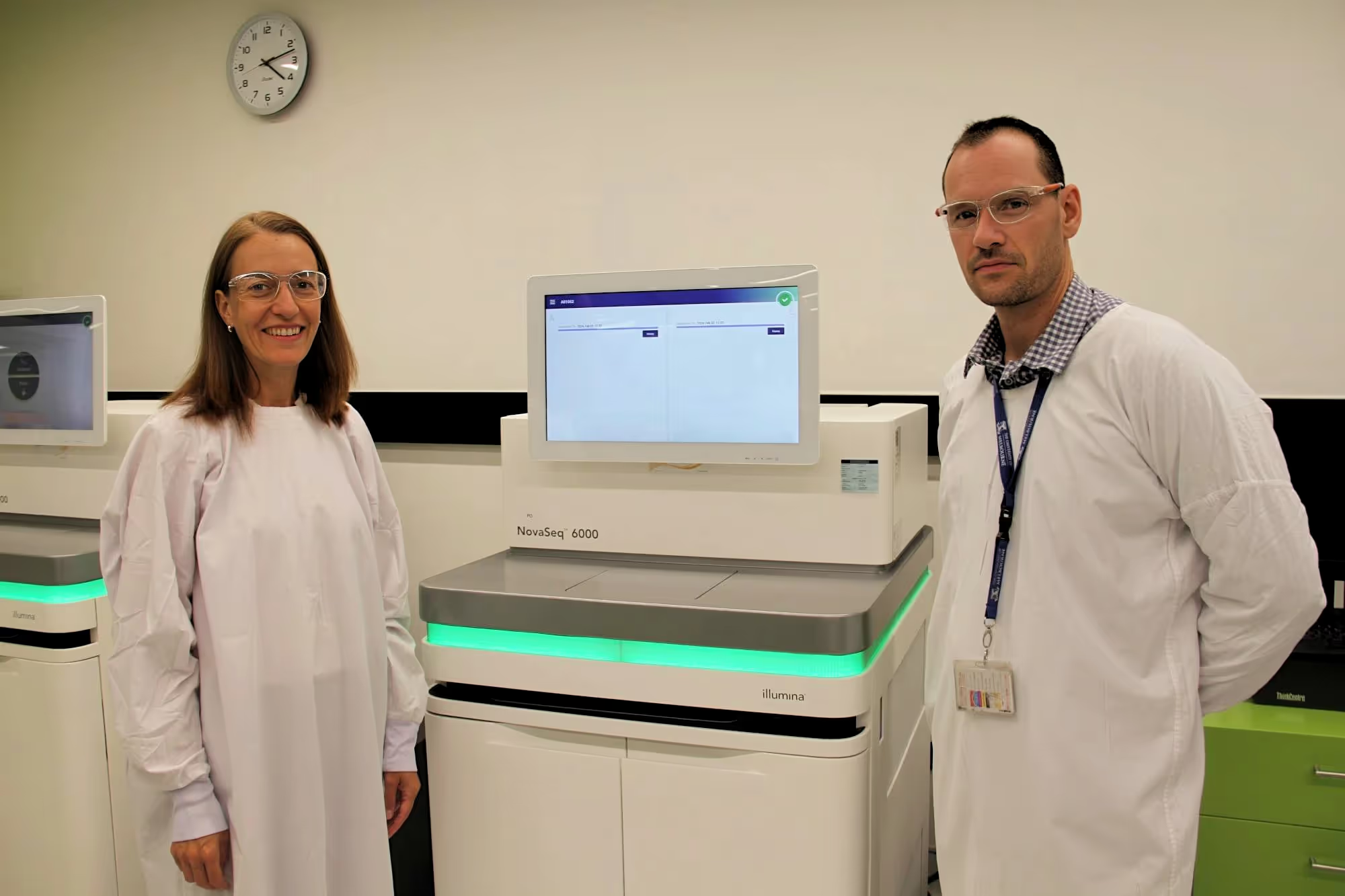To develop an effective treatment plan that targets cancer’s Achilles heel, you need to know where in the body it originated from. Once a cancer has begun to spread, that epicentre can be difficult to pinpoint.
Even after extensive testing, patients with cancer of unknown primary (also known as CUP), are left in a limbo of diagnostic uncertainty. They may be unable to access precision cancer care or Medicare funded treatments that require a confirmed cancer type diagnosis, with the uncertainty also contributing to a patient’s psychological distress.
There are more than 2,500 new CUP cases reported each year in Australia, making it the 14th most common cancer diagnosis. It is also the sixth most common cause of cancer-related death, with only 13 per cent of patients surviving five years or more.
Associate Professor Richard Tothill’s team at the University of Melbourne is working in close partnership with Professor Sarah-Jane Dawson and clinicians and researchers at the Peter MacCallum Cancer Centre to develop a DNA-based blood test for CUP patients.
The new CUP blood test will use data generated by TAGC’s Genomics Platform in combination with advanced analytical methods to accurately predict where a patient’s cancer originated by detecting small amounts of cancer-specific DNA released from tumour cells into the bloodstream.
The test will speed up the time to primary cancer diagnosis for an underserved patient group who are significantly disadvantaged by inequitable access to treatments, sparing them the anguish of prolonged diagnostic uncertainty.
This project builds on research from the collaborative SUPER and SUPER-NEXT studies, utilising state-of-the-art genomic approaches to help resolve the cancer tissues of origin and identify potential targeted treatment approaches – with many treated through clinical lead Professor Linda Mileshkin’s specialised CUP clinic at the Peter MacCallum Cancer Centre.
